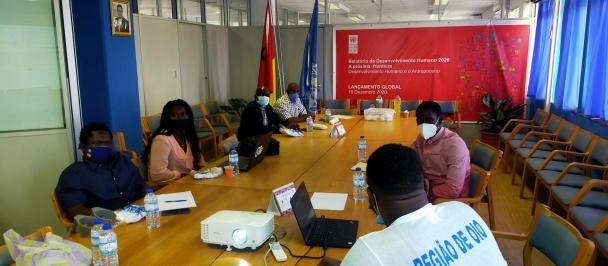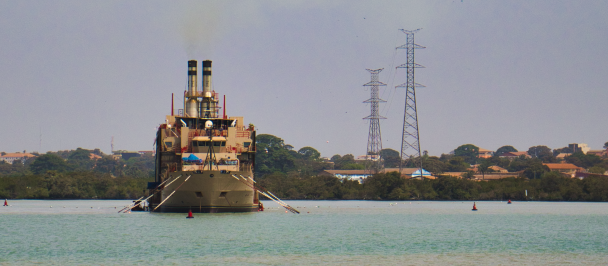When Maimuna Sane looks back at how members of her community produced their staples, such as salt and honey, in the past, she recalls a painstaking and slow process to extract enough produce for their own consumption and also to sell in the market. Now a member of the Association for the Promotion of Integral Socio-Economic Development (APRODISE), she is part of the Support and Incentization Project for Building the Resilient Economy for an Inclusive Society, a community project based in Catio, her hometown, that aims to contribute to the reduction of carbon emissions by encouraging initiatives that address economic, social, and environmental challenges of her community. The project is financed by UNDP through its Na Nô Mon platform. APRODISE equips members of the community to carry out green production techniques such as salt extraction using solar energy, improved wood stove manufacturing, and honey production, with the aim of reducing environmental degradation, boosting the economy, and improving the quality of life of the local population.
Following training on honey production and salt extraction, 50 beehives were built and placed at different locations in the Catió area, for improved honey production. It is estimated that honey production in Catio alone could be augmented to 1500kg gross per year in the ensuing years. According to the project coordinator, Wilbonhe Naobna, honey is considered a product that is easy to sell, both inside and outside the country, due to its excellent qualities. "If you want social upliftment, honey-production is one way to go about it," he added.
In the process of extracting salt, the women of the community, who are the mainstay of the activity, are taught new techniques for extracting salt, using solar energy. The technique, in addition to being less tiring, is more profitable and preserves the natural properties of the salt.
Also, new methods of manufacturing the "improved" stove were shared through training for the purpose of educating the community members on how to reduce firewood consumption in the kitchen. According to Maimuna, "The project has allowed families to work less and still earn money from their endeavors."
The interconnectedness of environmental protection and conservation to improving quality of life is important for the progress and prosperity of local communities, such as Catio, in the long term. This is knowledge that the community of Catio has come to learn and keep. Thus APRODISE stays anchored around specific actions aimed at reducing the impacts of physical production on the environment, a willingness to share best practices, and a pledge to further sustainable initiatives at the community level.

 Locations
Locations



